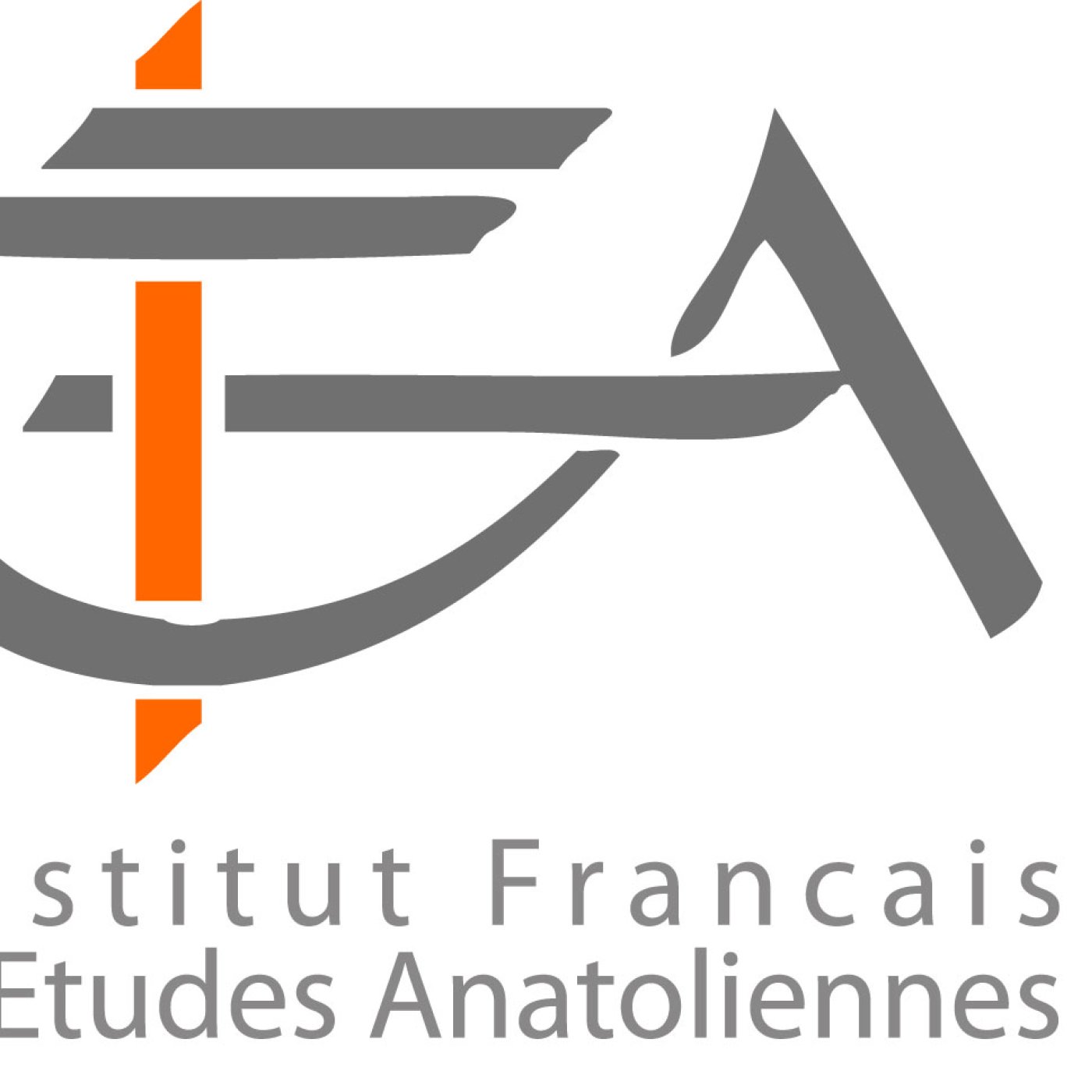ANNULÉ - Black Sea Shores and Hinterlands: Movement, Settlement and Interaction from the Archaic period to the Middle Ages

A collaboration between the Institut Français d'Études Anatoliennes, the Musée
de Louvre, and the Swedish Research Institute in Istanbul. the Musée de Louvre, and the Swedish Research Institute in Istanbul.
With Alexandre Baralis (Musée de Louvre), Claire Barat (Université Polytechnique Haut-de-France), Burcu Erciyas (Middle East Technical University), and Şahin Yıldırım (Bartın University) and Alkiviadis-Alexandros Ginalis (Deutsches Archäologisches Institut Istanbul).
What can recent and ongoing archaeological studies tell us about the longue durée of urban settlement and interaction around the Black Sea shores and hinterlands? This roundtable brings together four leading experts working with a number of notable excavation sites on the Western and Southern coasts of the sea like Orgame/Argamum (Jurilovca), Apollonia (Sozopol), Teion (Çaycuma), Sinope, and Komana pontiki (Yeşilırmak). Surveying the individual sites and findings, the panel invites to a wider discussion about the Black Sea as a continuous zone of local attraction and connection, as well as its wider relation with the interiors of Anatolia, the Balkans, and the Eastern Mediterranean area throughout the Hellenic, Roman, and Byzantine periods.
Détails
| Date de l'événement | 13/02/2023 6:30 pm |
| Places | Illimitée |
| Lieu | IFEA |




